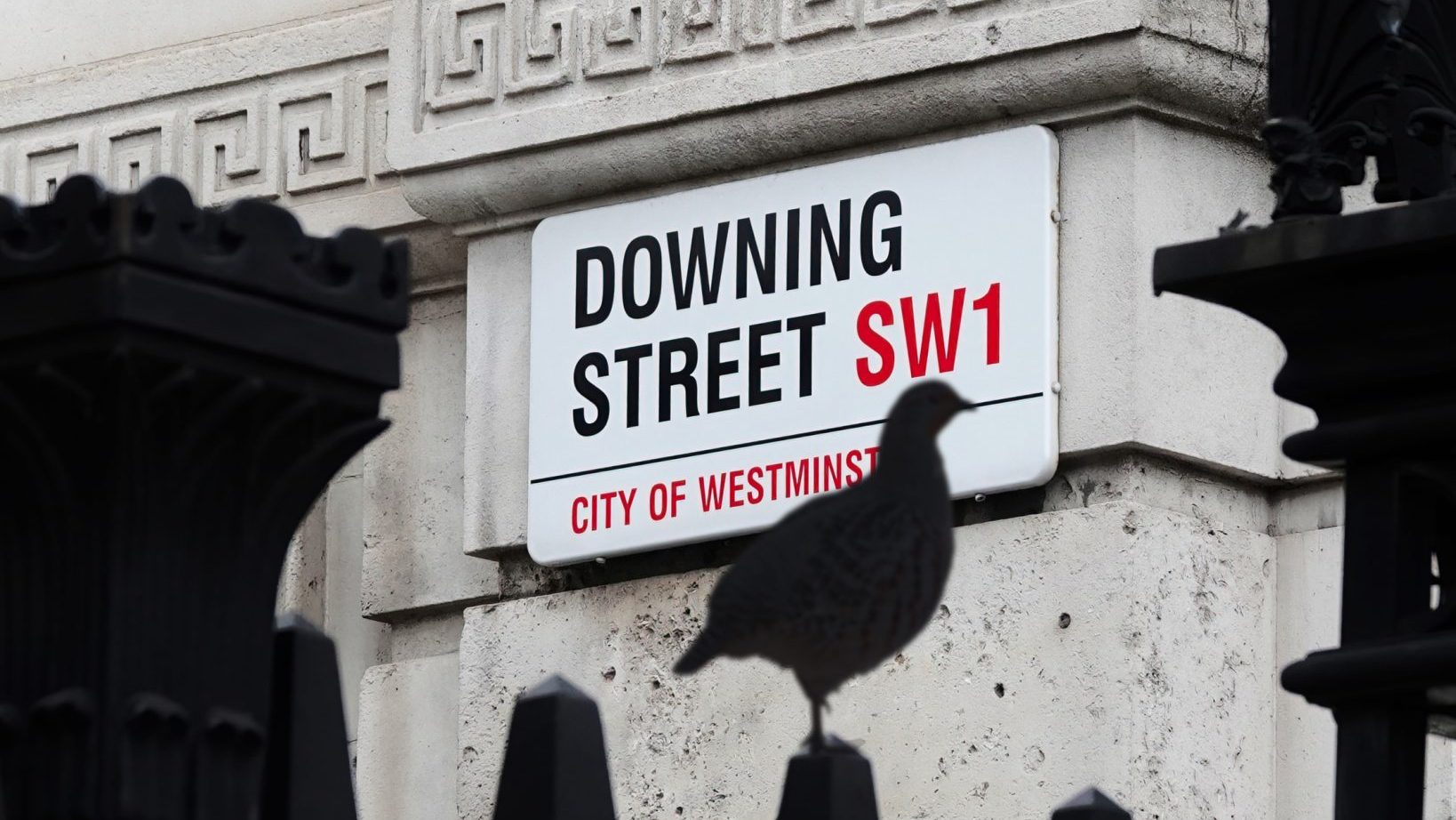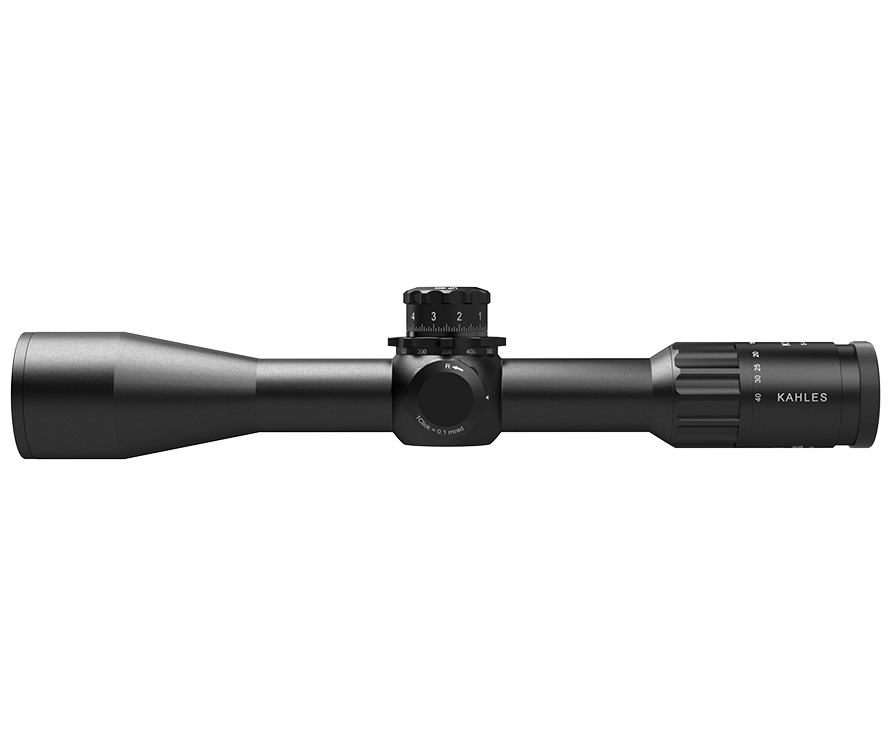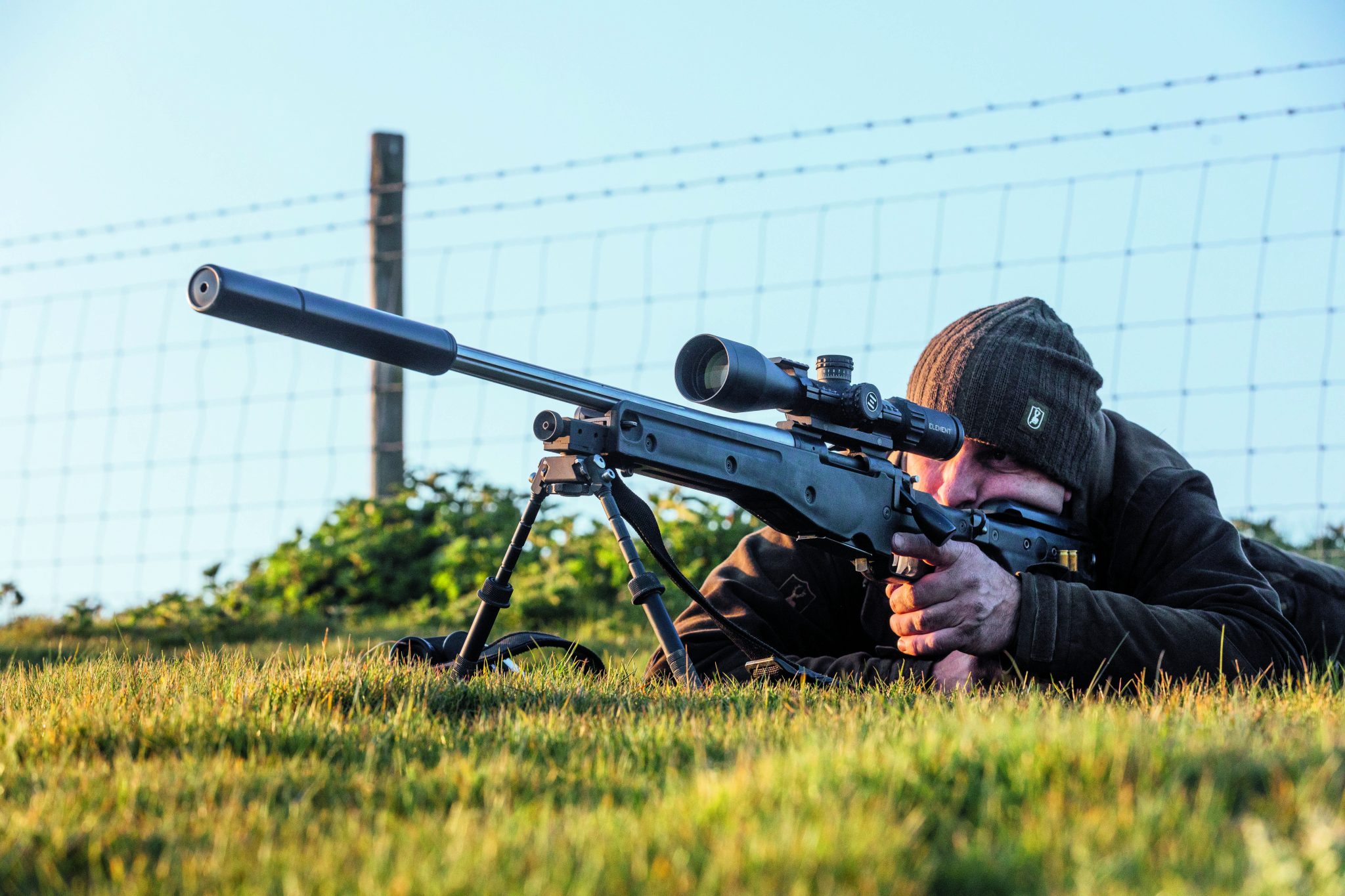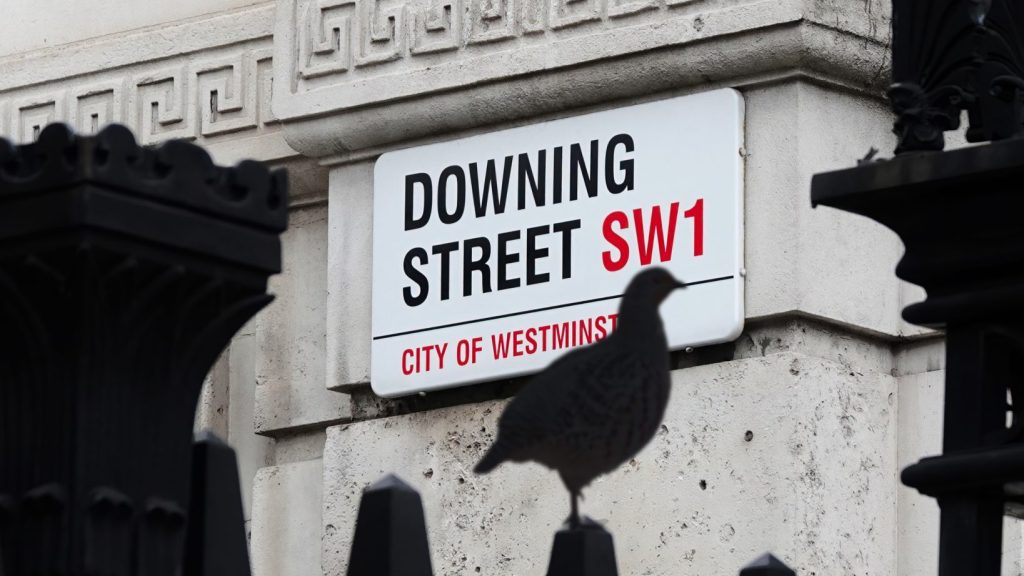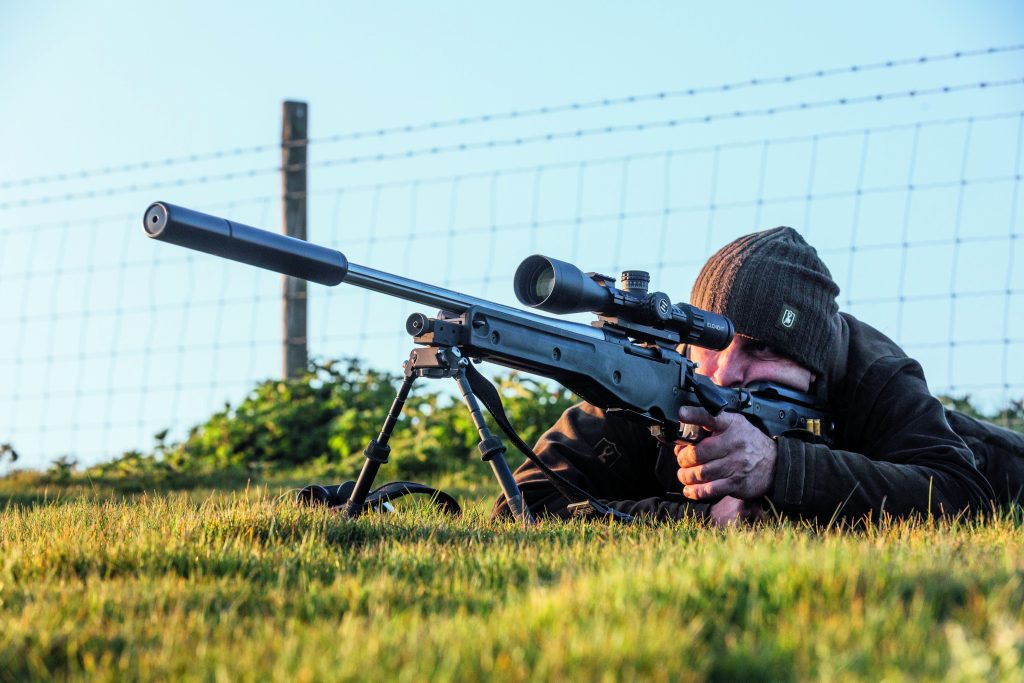News
Liam Bell on the latest raptor killing reporting
Would you like to speak to our readers? We offer sponsored articles and advertising to put you in front of our audience. Find out more.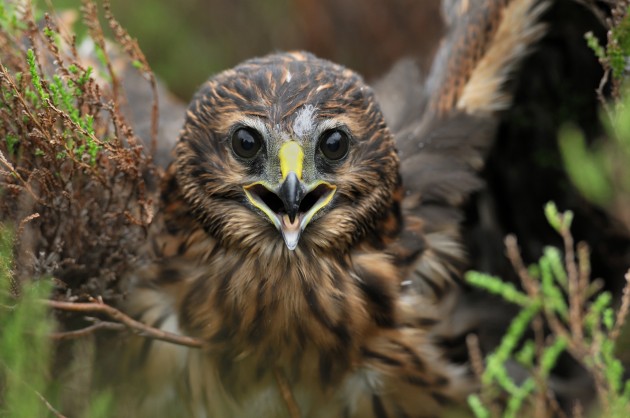
The silly season appears to have come early this year. Whether this is a direct result of journalists and press officers suffering from cabin fever because of the COVID-19 lockdown or something else I am not sure. But two things in the press have caught my eye recently that are so slanted and so wrongly reported that I do wonder if they were written so intentionally, with a view to mislead the reader.
The first was a piece in The Times written by its countryside correspondent Harry Shukman, with the headline-grabbing title “Gamekeepers ‘under pressure’ to kill illegally”. The basis for his story was a paper published in the journal People and Nature by the British Ecological Society.
Social media
The story was, unsurprisingly, jumped on and shared on social media as fact by the usual suspects. It further divided the game shooting community, who knew the story to be incorrect, and those who were rabidly opposed to any form of pest and predator control anyway. And it undoubtedly unduly influenced a number of the people sitting on the predation control fence.
The published paper said nothing of the sort. Shukman’s piece was a lazy, sensationalised story that bore little resemblance to the paper itself. A paper that I have actually read, after it was forwarded to me by one of the co-authors who wanted me to see for myself that it was not as reported in The Times.
Our latest research focuses on legal predator management by gamekeepers-We found keepers weren’t particularly motivated by employer pressure but had diverse motivations including sense of custodianship for game and non-game wildlife https://t.co/SFDmVwKq5A @GJFSwan @sarahlcrowley
— Robbie McDonald (@RobbieAMcDonald) May 6, 2020
Professor Robbie McDonald even went on Twitter to reiterate his disapproval. He said: “This is not what our research found. Our focus was on legal predator management. We found that keepers are not particularly motivated by employer pressures but had diverse motivation, including a sense of custodianship for game and non-game wildlife.”
It couldn’t be much clearer than that. I thought the paper interesting, well thought out, well written and fair, and the conclusions much as I had expected. There were no surprises — it was very much an affirmation of what we already knew.
Raptor killing
I had expected better of a heavyweight title like The Times, and do wonder how Harry Shukman became its countryside correspondent when he appears to know so very little about it. The second piece that caught my attention was a press release by the RSPB, in which it said it had been overrun by reports of the illegal killing of birds of prey since the start of the COVID-19 lockdown. It said the criminals involved were capitalising on there being fewer people about in the countryside, though in my neck of the woods the opposite appears to be true, with more people walking and cycling than I have ever seen before.
It concerned me for several reasons. The first was that there are still people out there killing birds of prey when it is both illegal and unnecessary.
The second was the quote from Mark Thomas, head of the RSPB’s investigations unit, in which he said: “It is clear that criminals on some sporting estates, both in the uplands and lowlands, have used the wider closure of the countryside as an opportunity to ramp up their efforts to kill birds of prey.”
Pointing the finger
My issue with Mr Thomas’s quote is that the cases are still being investigated. There have been no arrests at the time of writing, no interviews — and yet he still points the finger at the shooting community.
If anyone from the shooting fraternity is convicted of the illegal raptor killing, they quite rightly need the book throwing at them, and they will most certainly receive no sympathy from their fellow shooters. But it is wrong to blame sporting estates for the killings when no one has been charged nor convicted, and the crimes could quite easily have been committed by others.
It is also hugely divisive and counter-productive to paint the shooting community as villains when raptors are nesting and successfully fledging young in ever-increasing numbers on shoots up and down the country and the main shooting bodies — including the National Gamekeepers’ Organisation, of which I am chairman — have a clear zero-tolerance approach to wildlife crime. These groups recently signed a renewed version of their joint statement on raptor persecution.
I hope the people responsible for the raptor killing on the RSPB list are caught, charged and convicted but it is wrong to assume guilt, cast aspersions and point fingers at people before the police have concluded their investigations.
Related articles
News
Anti-grouse shooting petition crushed by MPs who don't even shoot
Wild Justice's petition to ban driven grouse shooting was quashed in Westminster Hall yesterday, with all but one MP opposing the ban
By Time Well Spent
News
A sound decision as moderators to be taken off licences
The Government has finally confirmed what the shooting community has long argued – that sound moderators should be removed from firearms licensing controls
By Time Well Spent
Manage Consent
To provide the best experiences, we use technologies like cookies to store and/or access device information. Consenting to these technologies will allow us to process data such as browsing behavior or unique IDs on this site. Not consenting or withdrawing consent, may adversely affect certain features and functions.
Functional Always active
The technical storage or access is strictly necessary for the legitimate purpose of enabling the use of a specific service explicitly requested by the subscriber or user, or for the sole purpose of carrying out the transmission of a communication over an electronic communications network.
Preferences
The technical storage or access is necessary for the legitimate purpose of storing preferences that are not requested by the subscriber or user.
Statistics
The technical storage or access that is used exclusively for statistical purposes.
The technical storage or access that is used exclusively for anonymous statistical purposes. Without a subpoena, voluntary compliance on the part of your Internet Service Provider, or additional records from a third party, information stored or retrieved for this purpose alone cannot usually be used to identify you.
Marketing
The technical storage or access is required to create user profiles to send advertising, or to track the user on a website or across several websites for similar marketing purposes.

